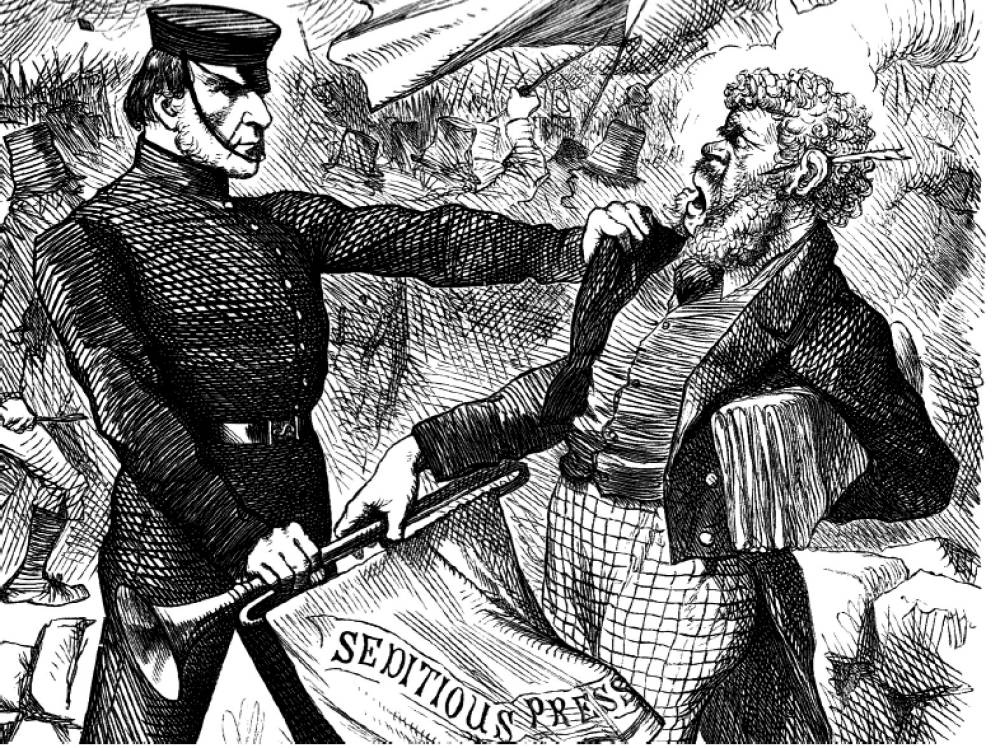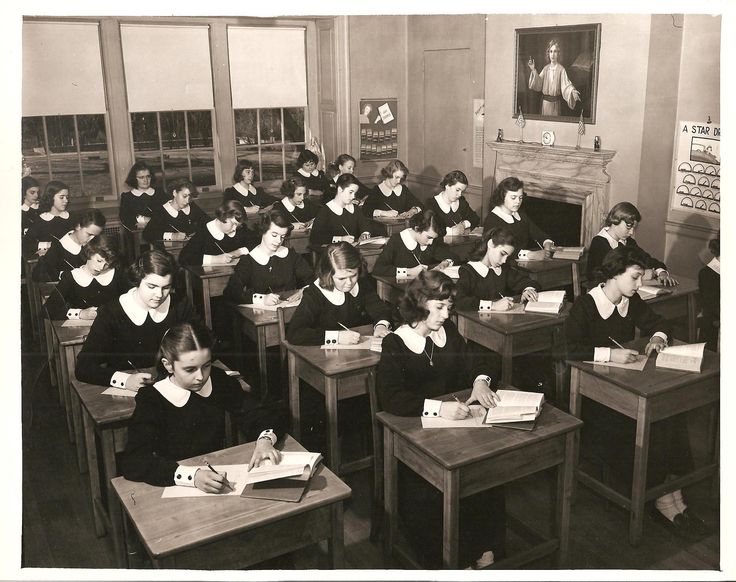Photo AI
Last Updated Sep 26, 2025
Cultural Nationalism and De-Anglicisation Simplified Revision Notes for Leaving Cert History
Revision notes with simplified explanations to understand Cultural Nationalism and De-Anglicisation quickly and effectively.
477+ students studying
Cultural Nationalism and De-Anglicisation
The ideas of 'Cultural Nationalism' and 'De-Anglicisation' provide crucial context for the foundation of the GAA and its early years. Let's examine the origins and definitions of both terms here.
Cultural Nationalism
- During the 1870s and 1880s, Irish nationalism shifted from a purely political movement to one deeply rooted in cultural identity.
- Home Rulers had initially focused on achieving self-government for Ireland by emphasising its distinct nationhood and the unique identity of the Irish people.
- This political strategy aimed to justify demands for a separate Irish parliament. However, this period did not clearly explain why Ireland should be seen as a separate nation beyond political grievances.
- The Conservative government introduced reforms intended to address these grievances, which they hoped would diminish the demand for Home Rule.
- They believed that if they could "Kill Home Rule with Kindness," Irish nationalism would lose its fragile foundation.
- By the 1890s, political nationalism faced a crisis, particularly after the death of Charles Stewart Parnell, leading to deep divisions within the Home Rule movement.
- Amidst these divisions, a new form of nationalism emerged, known as cultural nationalism. This movement focused on cultural rather than political or economic identity and included figures such as Douglas Hyde, W.B. Yeats, and Lady Gregory.
What Is Cultural Nationalism?
- Cultural nationalism defines a nation's identity through its culture—its way of life, including language, customs, traditions, food, manners, games, dress, music, and dance.
- Religion also plays a significant role in shaping national culture. These elements combine to form a distinct identity that gives people a sense of who they are and unites them, distinguishing one people from another.
- Culture influences political views. If a people have a unique culture, they may feel entitled to their own nation and government.
- In the 19th century, cultural nationalism drove the demands for Italian and German unification.
- Similarly, it became a growing force in Europe, with cultural nationalism inspiring movements in empires like the Russian and Austro-Hungarian Empires, where various ethnic groups sought self-governance.

The Anglicisation of Ireland
- Anglicisation refers to the spread of English culture into Ireland, often at the expense of traditional Gaelic culture.
- By the end of the 19th century, English customs, literature, music, sports, and newspapers were becoming standard across Ireland.
- Ireland was governed through the English political system, and business was conducted in English, so this was seen as a natural development.
- However, critics of Anglicisation, referring to those who embraced British culture as West Britons, saw it as a loss of Irish identity.
- Douglas Hyde used the term de-anglicisation to describe efforts to block and reverse the spread of English culture. Hyde and others felt that restoring Gaelic culture in areas like language, music, sports, and literature was essential to establish a robust Irish identity.
- Unlike Anglicisation, which aimed to blend both cultures, de-anglicisation sought to revive and preserve the distinct elements of Irish culture, viewing the competition between these cultures as a "clash of civilisations."
- The cultural issue was complex in Ireland due to its mix of cultural influences. The majority spoke English and adopted English customs due to the long history of English rule and the widespread use of English in education and public life.
- By the late 19th century, Irish people participated in sports and cultural activities rooted in English traditions.
- This blend of cultures became contentious for nationalist leaders who felt that Anglicisation weakened the push for self-government.
Cultural Nationalism in Ireland
- Cultural nationalism in Ireland aimed to highlight the differences between Irish and English people, asserting that the Irish were a unique people with their own culture.
- Unlike the political argument of land or Home Rule, cultural nationalism justified Irish nationhood through the distinctiveness of its traditions and heritage.
- Proponents of cultural revival feared the loss of traditional Irish culture and believed a revival would restore national pride.
- This inspiration drew from Ireland's Gaelic past, with movements like the Gaelic Athletic Association (GAA) and the Anglo-Irish Literary Revival promoting Gaelic sports and literature. These movements aimed to shape Ireland's identity and bolster Irish nationalism.
Why Did Cultural Nationalism Develop? 4 Key Reasons
-
Reaction Against Imperialism
- The spread of political and military imperialism worldwide contributed to a reactionary surge in cultural nationalism.
- As empires expanded, many ethnic groups sought to preserve their distinct identities and assert their right to self-determination.
- In Ireland, this was reflected in the desire to protect and revive Gaelic culture against the encroaching influence of British imperialism.
-
Crisis in Political Nationalism
- The death of Charles Stewart Parnell in 1891 and the resulting fragmentation of the Home Rule movement left many nationalists disillusioned with political solutions alone.
- The divisions weakened the momentum for Home Rule, prompting a shift towards cultural nationalism as an alternative means of expressing national identity and unity.
-
Cultural Revival Movements
- From the 1880s onward, several movements emerged to promote Ireland's distinct cultural heritage.
- The Gaelic Athletic Association (GAA), founded in 1884, aimed to revive traditional Irish sports like hurling and Gaelic football.
- The Anglo-Irish Literary Revival, led by figures such as W.B. Yeats and Lady Gregory, sought to renew interest in Irish literature, folklore, and language. These movements provided a platform for celebrating and preserving Irish culture.
-
Educational Reforms and Increased Literacy
- Improved access to education and rising literacy rates meant more people could engage with literature and historical texts that celebrated Irish culture.
- This awareness fostered a sense of national pride and identity, fueling the cultural nationalist movement.
- The realisation that Irish language, literature, and history were not adequately represented in the national curriculum further motivated efforts to revive these cultural elements.

Key Concept: Irish Ireland
- "Irish Ireland" refers to the idea that Ireland should have a distinctly Irish culture independent of English influence.
- Members of the Gaelic Athletic Association, the Gaelic League, and the literary movement championed this concept.
- Proponents of Irish Ireland aimed for greater political, economic, and cultural independence from Britain, emphasising self-sufficiency and a strong national identity rooted in Irish traditions.
- They viewed British culture as a corrupting influence and sought to foster a positive, distinctly Irish identity.
- This movement played a crucial role in the broader struggle for Irish independence, contributing to the cultural foundation supporting political self-governance efforts.
A Brief Summary in Case You're in a Rush
- The rise of cultural nationalism in Ireland during the late 19th and early 20th centuries represented a significant shift in the nationalist movement.
- As political nationalism faced challenges and divisions, cultural nationalism emerged as a powerful force, emphasising the unique identity and heritage of the Irish people.
- Efforts to revive Gaelic culture through sports, literature, and language were driven by a desire to preserve Ireland's distinctiveness and assert its right to independence.
- This cultural revival strengthened national pride and provided a crucial foundation for the eventual political successes in the struggle for Irish self-determination.
500K+ Students Use These Powerful Tools to Master Cultural Nationalism and De-Anglicisation For their Leaving Cert Exams.
Enhance your understanding with flashcards, quizzes, and exams—designed to help you grasp key concepts, reinforce learning, and master any topic with confidence!
134 flashcards
Flashcards on Cultural Nationalism and De-Anglicisation
Revise key concepts with interactive flashcards.
Try History Flashcards16 quizzes
Quizzes on Cultural Nationalism and De-Anglicisation
Test your knowledge with fun and engaging quizzes.
Try History Quizzes29 questions
Exam questions on Cultural Nationalism and De-Anglicisation
Boost your confidence with real exam questions.
Try History Questions27 exams created
Exam Builder on Cultural Nationalism and De-Anglicisation
Create custom exams across topics for better practice!
Try History exam builder117 papers
Past Papers on Cultural Nationalism and De-Anglicisation
Practice past papers to reinforce exam experience.
Try History Past PapersOther Revision Notes related to Cultural Nationalism and De-Anglicisation you should explore
Discover More Revision Notes Related to Cultural Nationalism and De-Anglicisation to Deepen Your Understanding and Improve Your Mastery
96%
114 rated
Cultural Nationalism
Larkin's Rift with the TUC and the End of the Strike
374+ studying
187KViews96%
114 rated
Cultural Nationalism
Larkin's Rift with the TUC and the End of the Strike
377+ studying
192KViews